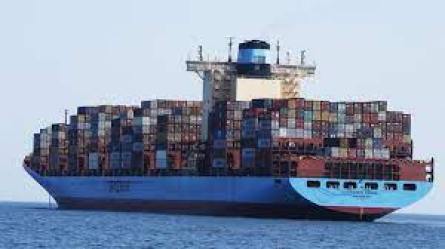At a moment of anxiety about the consequences and sustainability of globalization, consider that Seneca himself (1st century AD) reflected on how a more modest, earlier globalization affected the world.
The first passage is an idealization of the local. And the second passage is his reflection on a world where distant places are drawn together:
Seneca, Medea 329-334
Our fathers knew simple times
Far removed from corruption.
Each was a provincial–held to his own shore
And grew old in his ancestral field.
Rich in little,
Save only for what his native land provided,
He did not know abundance.
Seneca, Medea 364-374.
Now, in our day, the sea gives way
And suffers all laws. No celebrated Argo
Fitted together by Pallas’s hands,
Royal rowers aboard, is called for.
Any old skiff wanders the deep.
Every border has been breached.
Cities have planted walls in new lands.
In a world open for business
Nothing is where it used to be:
The Indian drinks the cold Araxes river,
And the Persians drink the Alba and the Rhine.
329-334
Candida nostri saecula patres
videre, procul fraude remota.
sua quisque piger litora tangens
patrioque senex factus in arvo,
parvo dives,
nisi quas tulerat natale solum,
non norat opes.
364-374.
Nunc iam cessit pontus et omnes
patitur leges: non Palladia
compacta manu regum referens
inclita remos quaeritur Argo—
quaelibet altum cumba pererrat;
terminus omnis motus et urbes
muros terra posuere nova,
nil qua fuerat sede reliquit
pervius orbis:
Indus gelidum potat Araxen,
Albin Persae Rhenumque bibunt.
Larry Benn has a B.A. in English Literature from Harvard College, an M.Phil in English Literature from Oxford University, and a J.D. from Yale Law School. Making amends for a working life misspent in finance, he’s now a hobbyist in ancient languages and blogs at featsofgreek.blogspot.com.

